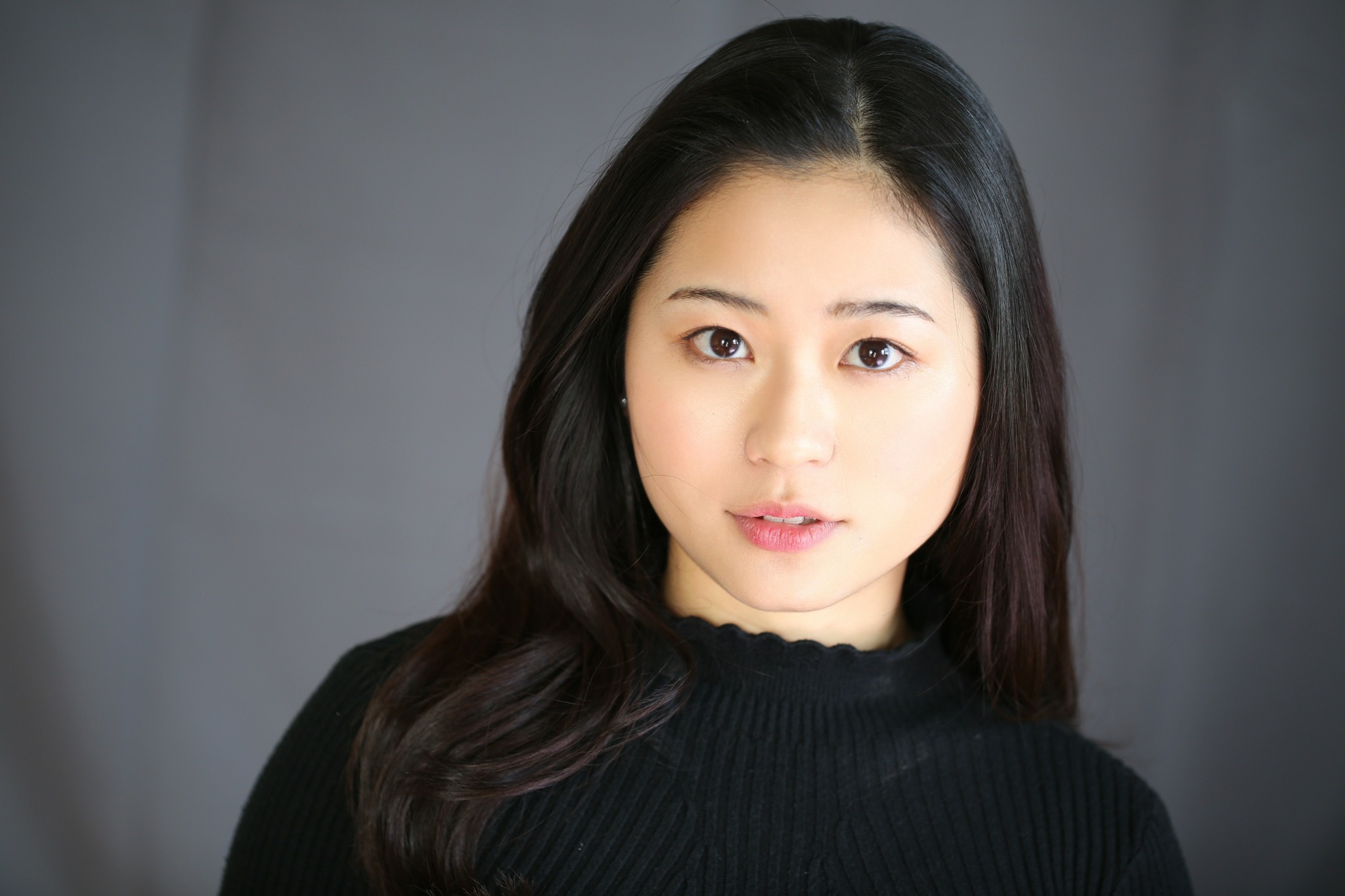We’re excited to introduce you to the always interesting and insightful Misuzu Hirano. We hope you’ll enjoy our conversation with Misuzu below.
Hi Misuzu, thanks for joining us today. We’d love to hear about when you first realized that you wanted to pursue a creative path professionally.
I have loved singing since I was a child. My musical journey began when my grandmother took me to join a local music school’s children’s choir. Through many concerts and musical performances with the choir, I discovered the joy of being on stage and expressing myself through music.
Witnessing a performance by the Takarazuka Revue was a turning point that deepened my fascination with musical theater. It led me to begin formal training in dance—an art form I had only briefly encountered during childhood—and to broaden my focus beyond singing alone.
As I became more immersed in musical theater, I started watching productions from Broadway and the West End. My dreams gradually expanded beyond Japan. Over time, I began to strongly desire to study abroad and challenge myself in an international setting.
While I had been waiting for the right timing, the COVID-19 pandemic and financial limitations as the child of a single mother made it difficult to realize a long-term stay abroad. However, in the summer of 2023, I was finally able to visit New York City for the first time, joining a short-term vocal study program.
During that month in New York, I was deeply inspired by the high level of Broadway performers and by how naturally musical theater is loved and integrated into everyday life there. Taking lessons from professionals who are active on Broadway made me realize how much more I wanted to learn in that environment.
After returning to Japan, I continued training through online lessons and began preparing for a longer stay. In August 2025, I was able to return to New York to pursue a long-term program.
Currently, I attend a language school while taking vocal and dance classes. I am also performing as a member of eda movement, a project started by a friend earlier this year. Though not professional work yet, I have had opportunities to sing and dance in front of live audiences and to share Japanese culture, which brings me great joy.
Being in New York—a city full of artistic energy—I hope to continue carving out my own path in this field.
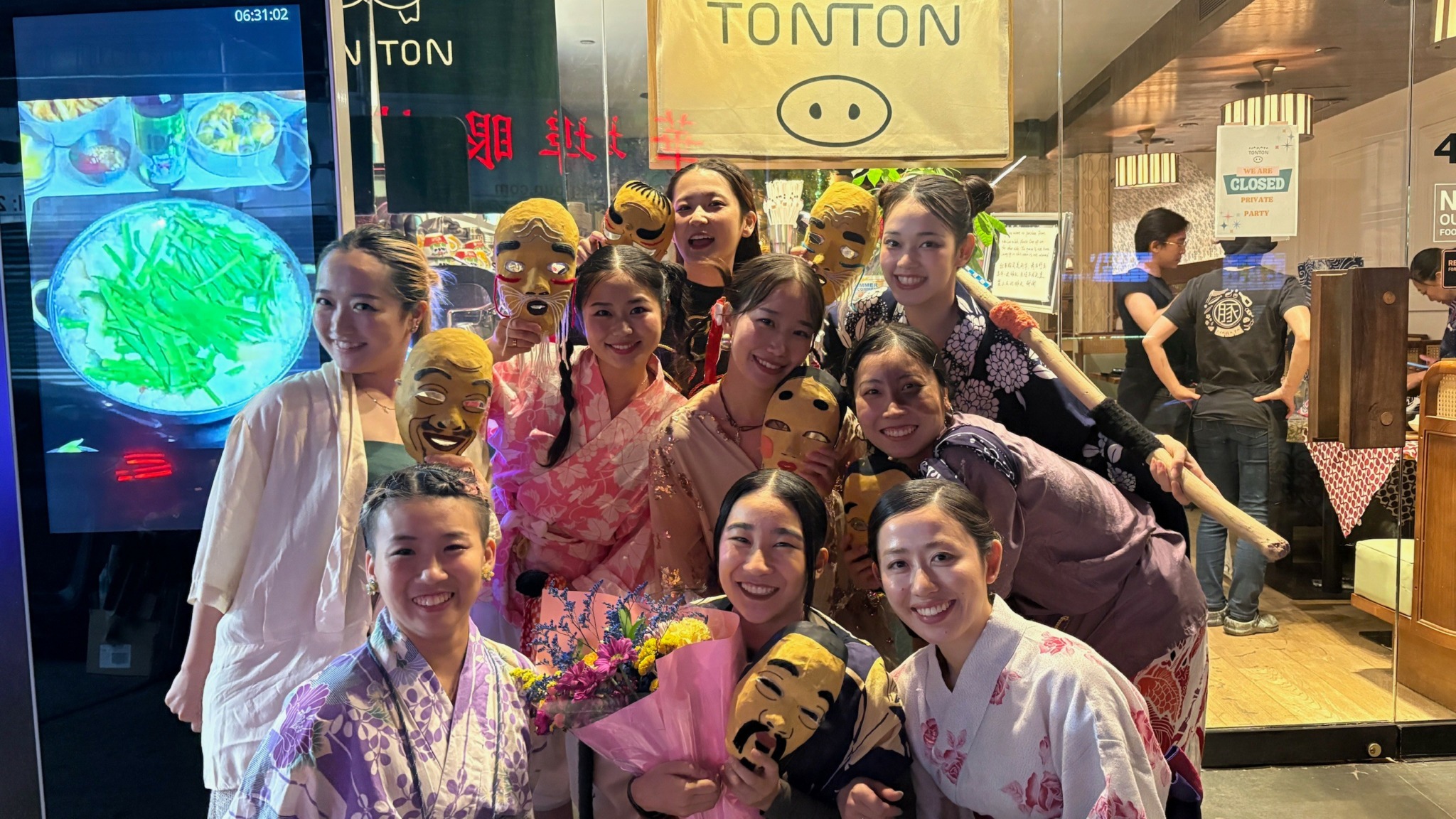
As always, we appreciate you sharing your insights and we’ve got a few more questions for you, but before we get to all of that can you take a minute to introduce yourself and give our readers some of your back background and context?
I am a New York–based performer trained in musical theatre, vocal performance, and dance. My work blends these disciplines while incorporating a uniquely Japanese sensibility, aiming to create expressive and engaging performances across genres.
My journey into the performing arts began when I saw a production by the Takarazuka Revue in Japan. I was deeply moved by its visual elegance and emotional storytelling. This experience reignited my childhood interest in dance, which later led me to pursue vocal and musical theatre training as I deepened my commitment to the stage.
Currently, I am an active member of EDA Movement, a collective of Japanese artists in New York. In addition to producing our own shows, we participate in major cultural events such as the Japan Parade in May and weekend Japan Fes festivals. Through these performances, I’ve witnessed how Japanese culture is steadily gaining recognition and appreciation in the multicultural landscape of New York City.
As a performer, I strive to tell stories with emotional clarity and cross-cultural depth, drawing from my training in musical theatre and my identity as a Japanese artist. I aim to connect with audiences across boundaries and to contribute to a more inclusive global stage.
Looking ahead, I hope to help expand the presence of Japanese performing arts abroad, especially in vibrant cities like New York where so many cultures intersect.
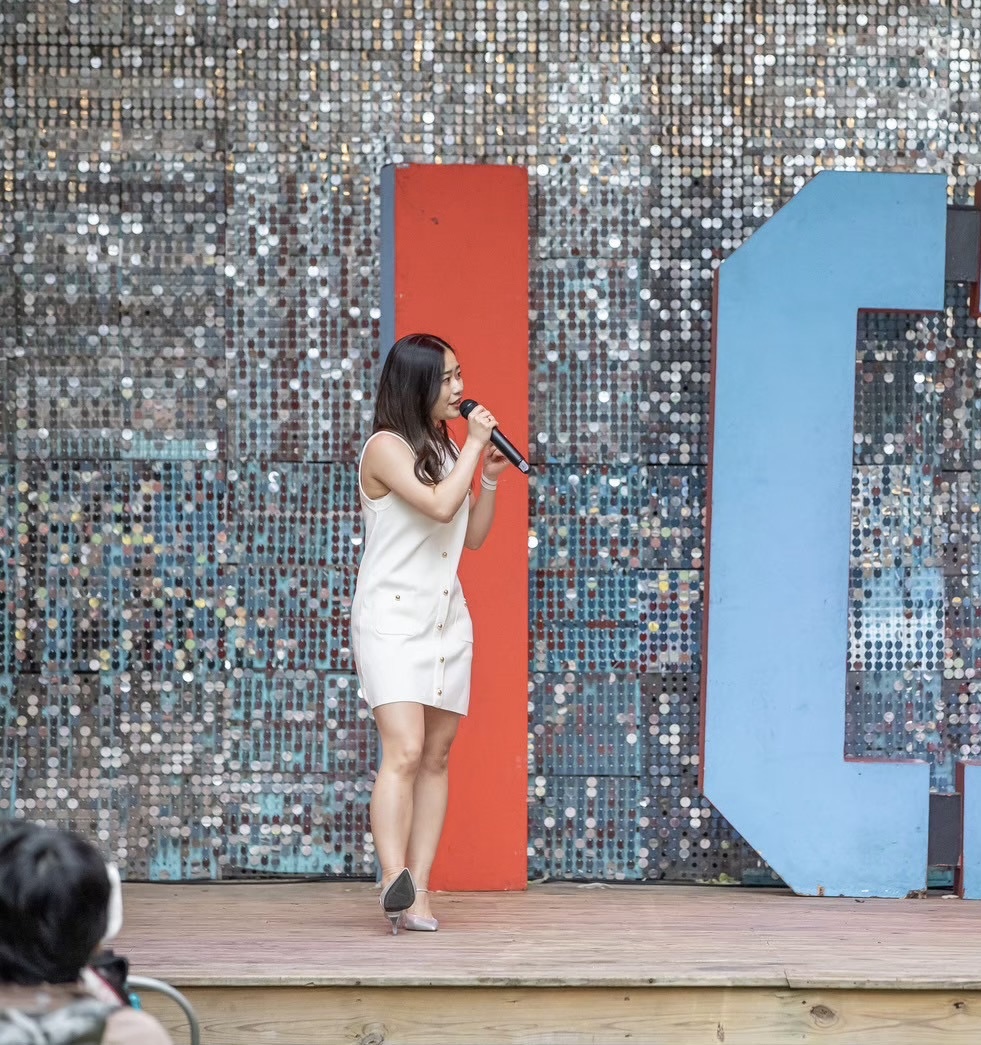
In your view, what can society to do to best support artists, creatives and a thriving creative ecosystem?
In my view, one of the most important ways society can support artists and a thriving creative ecosystem is by recognizing “artist” as a valid and respected profession.
When I was living in Japan, I often felt like a minority while pursuing this path. Most people of my generation were graduating from university and moving into traditional jobs, and I struggled with the sense that, because I hadn’t yet achieved something tangible, I couldn’t really call myself anything. No one was directly judging me, but in Japan there is a strong cultural expectation of moving from university to stable employment. Because of that, I often felt anxious and insecure about not having a clear status, especially since pursuing art can be uncertain and doesn’t always have a visible timeline.
In New York, I was struck by how different the environment is. Here, being an artist—whether in music, theater, or any other field—carries a recognized social status. There are countless opportunities, and there is a broader cultural understanding that art is an essential part of society. This has given me the confidence to say proudly that I am pursuing a career as an artist. That shift in perspective is one of the reasons I feel so grateful to have come to New York.
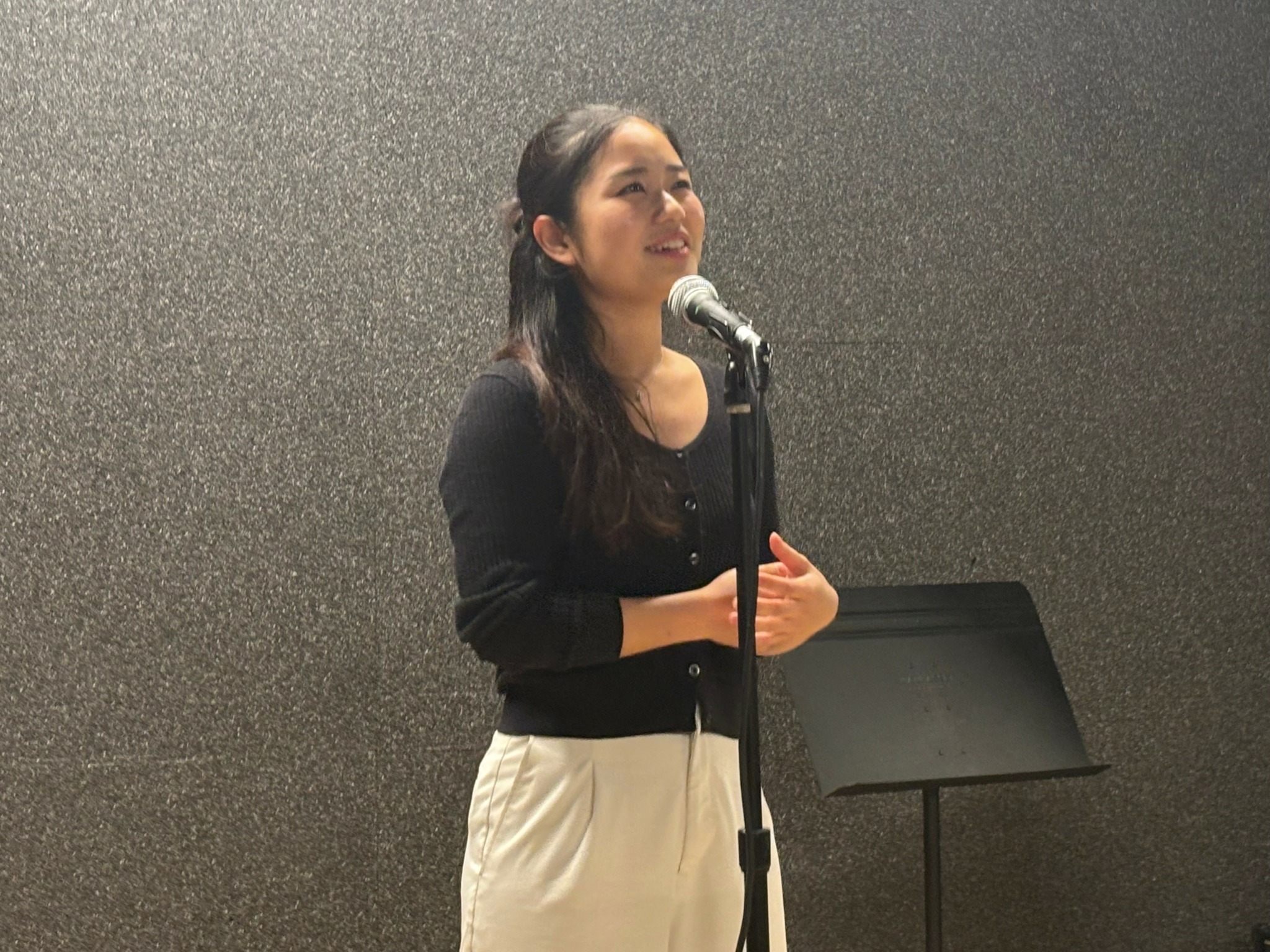
How about pivoting – can you share the story of a time you’ve had to pivot?
One of the biggest turning points in my life came two years ago, when I spent a month studying in New York. For a long time, it had been a dream of mine to go abroad and learn in the home of musical theater. Even if it was only once and only for a short time, I wanted to study there and experience Broadway in person.
During that month, I took vocal lessons in New York and devoted a lot of time to seeing Broadway shows. Everything felt fresh, inspiring, and unlike anything I had ever experienced before. Even though it was just one month, I gained so much—not only technically, but also mentally.
Until then, I had thought that a long-term stay in New York was something far beyond my reach, more like a dream that could never come true. But that short study abroad experience gave me valuable connections and opened doors I hadn’t expected. It ultimately became the turning point that allowed me to come back to New York, and I truly see it as one of the most important shifts in my journey.
Contact Info:
- Instagram: @misuzu_hirano
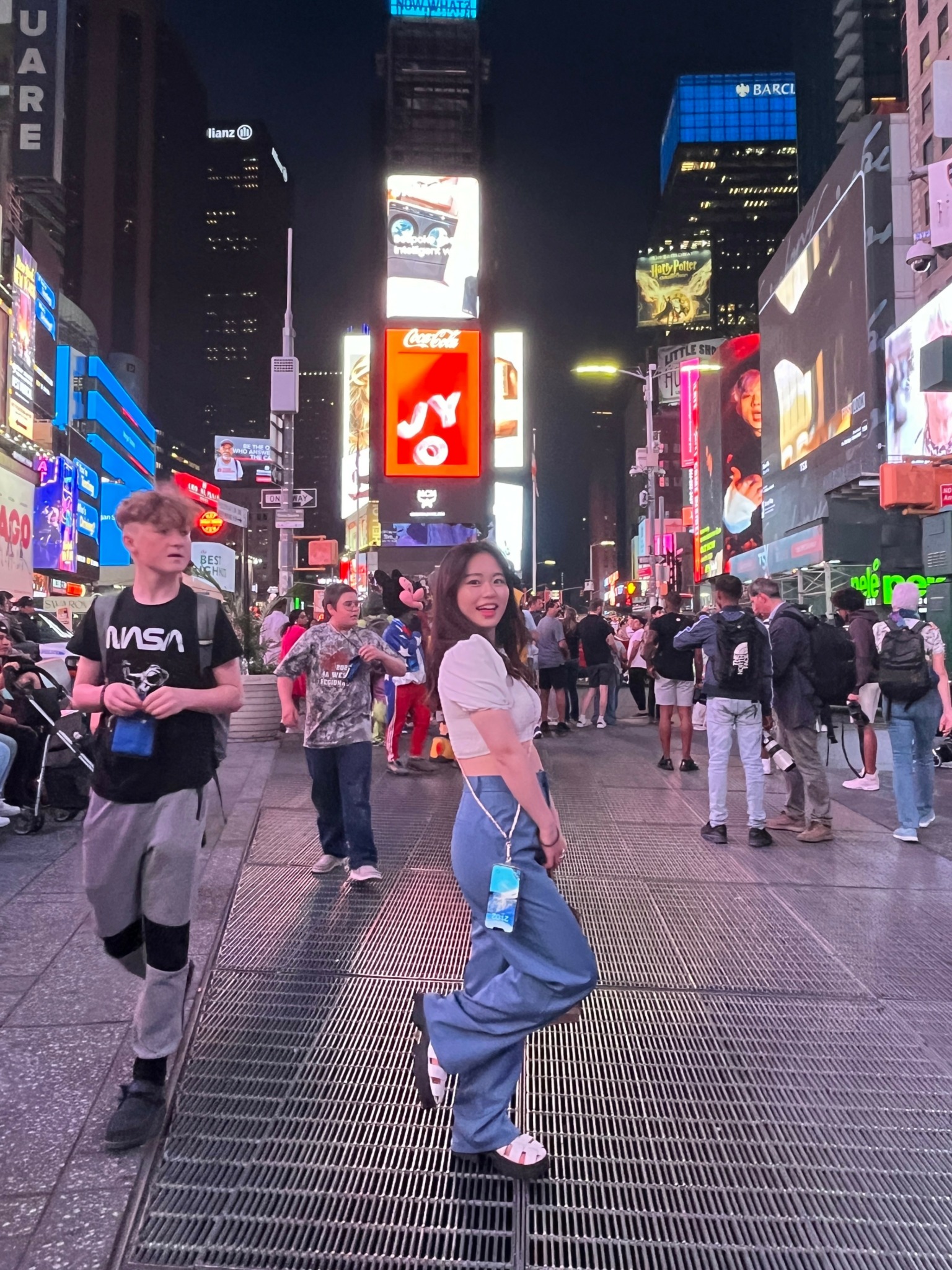
Image Credits
Head shot
Photo by:Matthew Stocke
Stage photo
From by:eda movement labo


